Scottish Enlightenment
About this Collection
The 18th century Enlightenment was a European, even a trans-Atlantic phenomenon. Two of its main centres of intellectual activity were France and Scotland. The latter country produced an extraordinary amount of “enlightened” historical, economic, legal, and philosophical analysis by figures such as Adam Smith, David Hume, and Francis Hutcheson.
For additional information about the Scottish Enlightenment see in the Forum: Timeline on the Scottish Enlightenment.
Key People
Titles & Essays
Quotes
Economics
Adam Smith and Loveliness
Quote
Adam Smith and our Propensity to Deceive rather than to Think ill of Ourselves
Economics
Adam Smith argued that the “propensity to truck, barter, and exchange” was inherent in human nature and gave rise to things such as the division of labour (1776)
Free Trade
Adam Smith argues that retaliation in a trade war can sometimes force the offending country to lower its tariffs, but more often than not the reverse happens (1776)
Law
Adam Smith argues that the Habeas Corpus Act is a great security against the tyranny of the king (1763)
Taxation
Adam Smith claims that exorbitant taxes imposed without consent of the governed constitute legitimate grounds for the people to resist their rulers (1763)
Economics
Adam Smith debunks that idea that when it comes to public debt “we owe it to ourselves” (1776)
Colonies, Slavery & Abolition
Adam Smith notes that colonial governments might exercise relative freedom in the metropolis but impose tyranny in the distant provinces (1776)
War & Peace
Adam Smith observes that the true costs of war remain hidden from the taxpayers because they are sheltered in the metropole far from the fighting and instead of increasing taxes the government pays for the war by increasing the national debt (1776)
Society
Adam Smith on Admiration of the Rich and Powerful
Education
Adam Smith on compulsory attendance in the classroom (1776)
Economics
Adam Smith on consumption as the only end and purpose of production
Economics
Adam Smith on Good Wine and Free Trade
Philosophy
Adam Smith on Happiness, Tranquility, and Enjoyment
Free Trade
Adam Smith on how “furious monopolists” will fight to the bitter end to keep their privileges (1776)
Food & Drink
Adam Smith on how Government Regulation and Taxes might drive a Man to Drink (1766)
Taxation
Adam Smith on how governments learn from each other the best way of draining money from the pockets of the people (1776)
Money & Banking
Adam Smith on money as an instrument of commerce as well as a measure of value
Colonies, Slavery & Abolition
Adam Smith on Slavery
The State
Adam Smith on social change and “the man of system” (1759)
Science
Adam Smith on the “Wonder, Surprise, and Admiration” one feels when contemplating the physical World (1795)
Economics
Adam Smith on the Butcher, the Brewer, and the Baker
Class
Adam Smith on the dangers of faction and privilege seeking (1759)
Politics & Liberty
Adam Smith on the Dangers of sacrificing one’s Liberty for the supposed benefits of the “lordly servitude of a court” (1759)
Economics
Adam Smith on the greater productivity brought about by the division of labor and technological innovation (1760s)
Justice
Adam Smith on the illegitimacy of using force to promote beneficence (1759)
Economics
Adam Smith on the natural ordering Tendency of Free Markets, or what he called the “Invisible Hand” (1776)
Quote
Adam Smith on the Nature of Happiness
Taxation
Adam Smith on the need for “peace, easy taxes, and a tolerable administration of justice” (1755)
War & Peace
Adam Smith on the Sympathy one feels for those Vanquished in a battle rather than for the Victors (1762)
Free Trade
Adam Smith on the “liberal system” of free trade (1776)
Education
Adam Smith on who colleges and universities ACTUALLY benefit
Class
Adam Smith on why people obey and defer to their rulers (1759)
Class
Adam Smith thinks many candidates for high political office act as if they are above the law (1759)
Society
Adam Smith, Patriotism, and the Welfare of Our Fellow Citizens
Philosophy
Adam Smith, Selfishness, and Sympathy
Philosophy
Francis Hutcheson’s early formulation of the principle of “the greatest Happiness for the greatest Numbers” (1726)
Notes About This Collection
For further information see:
- The series of books published by Liberty Fund on Natural Law and Enlightenment each one of which has a useful editor’s introduction or foreword.
- Eugen F. Miller’s Foreword to David Hume, Essays Moral, Political, Literary, ed. Eugene F. Miller (Indianapolis: Liberty Fund 1987).
- Laurence L. Bongie, David Hume: Prophet of the Counter-revolution (2nd ed.), Foreword by Donald W. Livingston (Indianapolis: Liberty Fund, 2000).
- The editors' introductions and forewords to the The
Glasgow Edition of the Works and Correspondence of Adam Smith (Indianapolis: Liberty Fund, 1982).
- The AdamSmithWorks collection of scholarly essays on the Scottish Enlightenment.
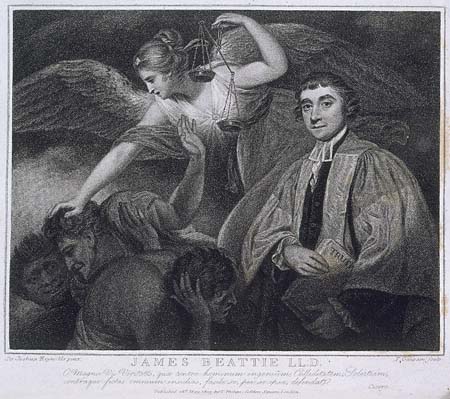
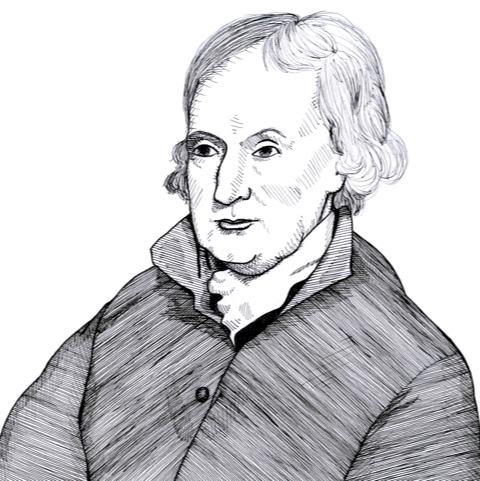

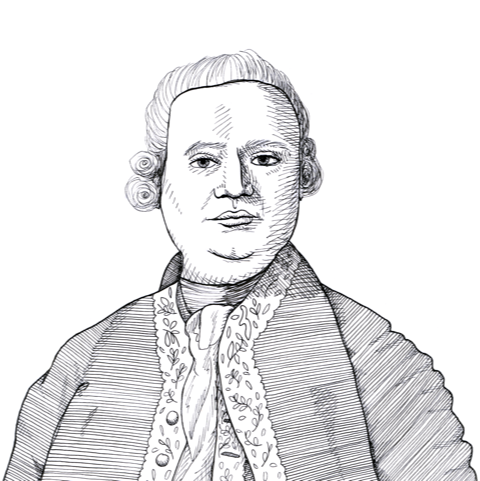
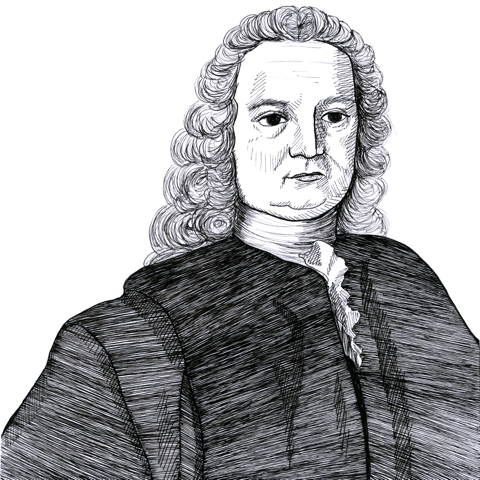
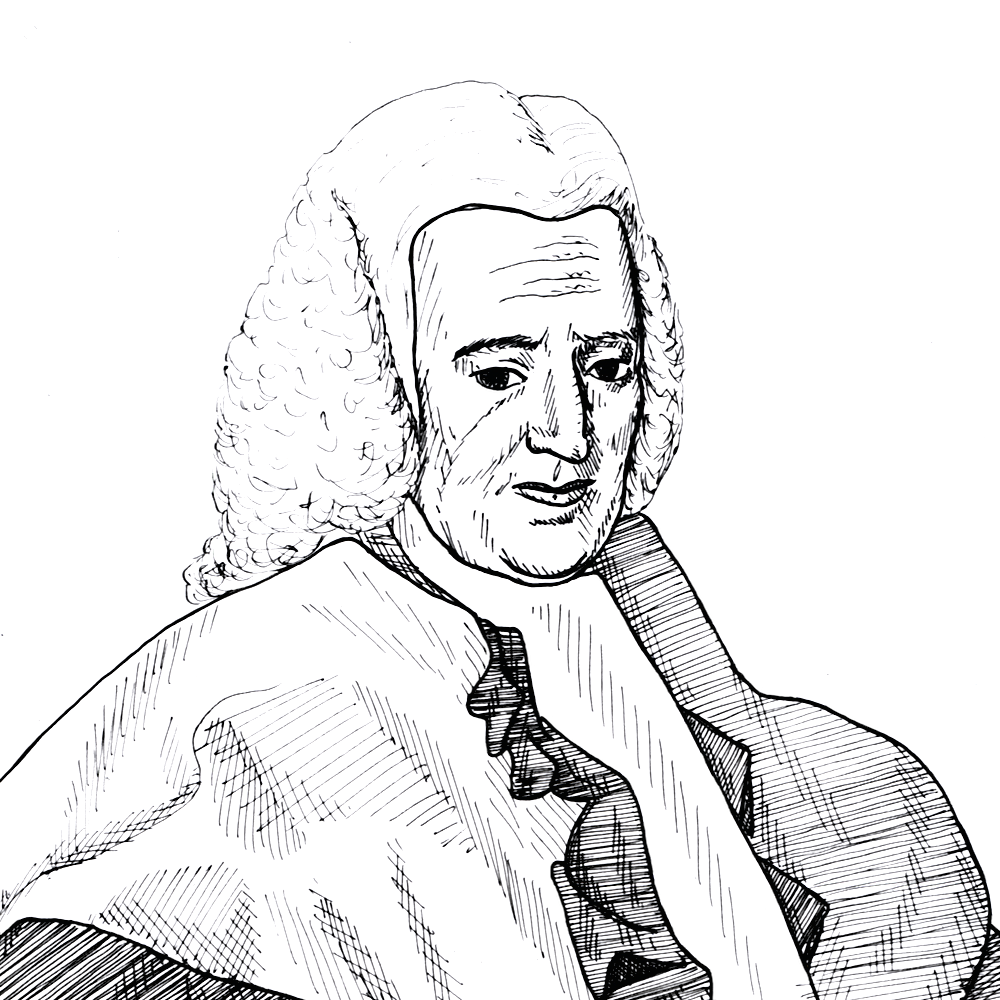
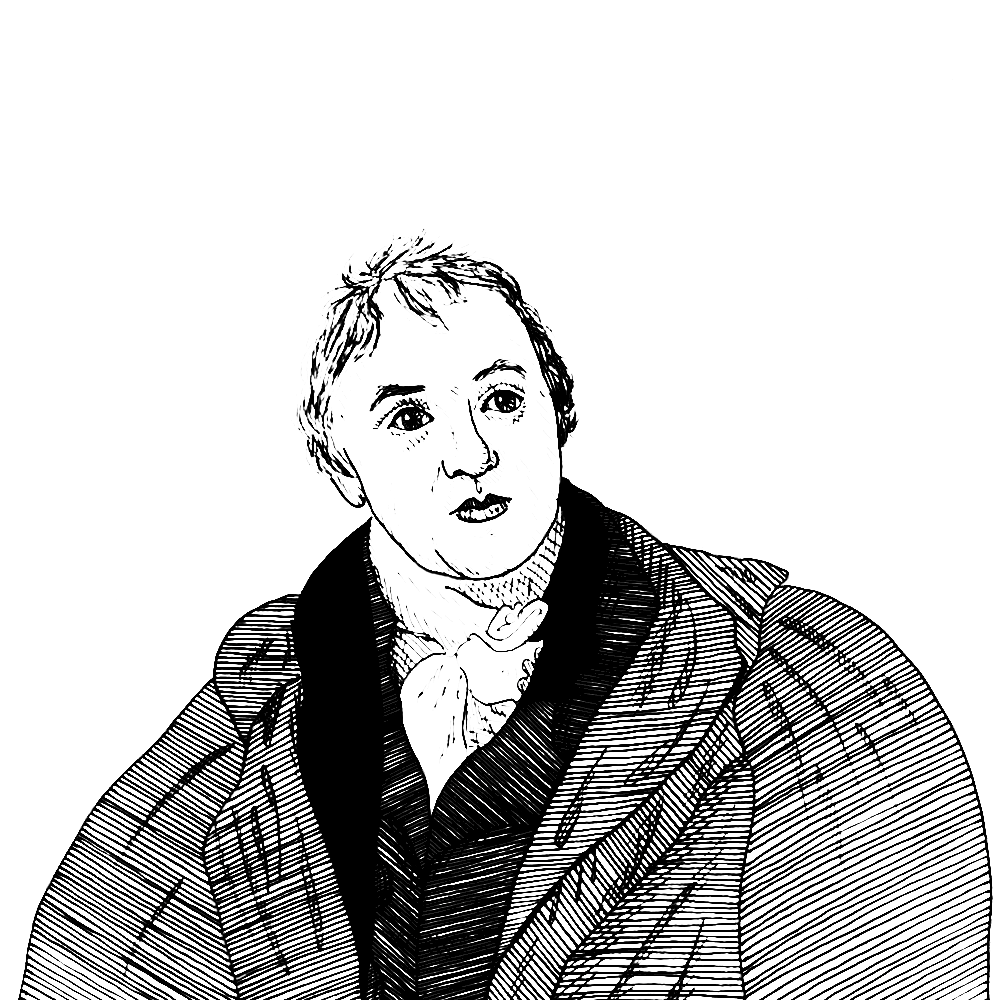
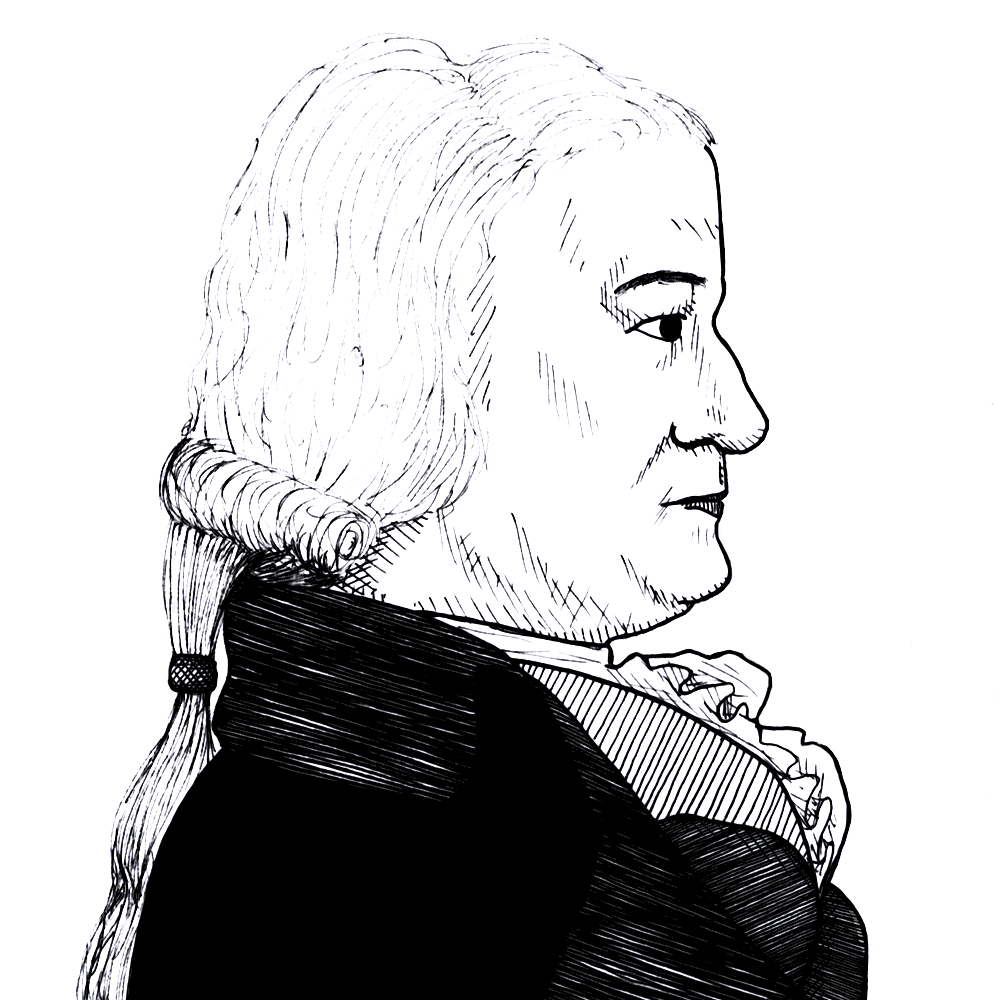

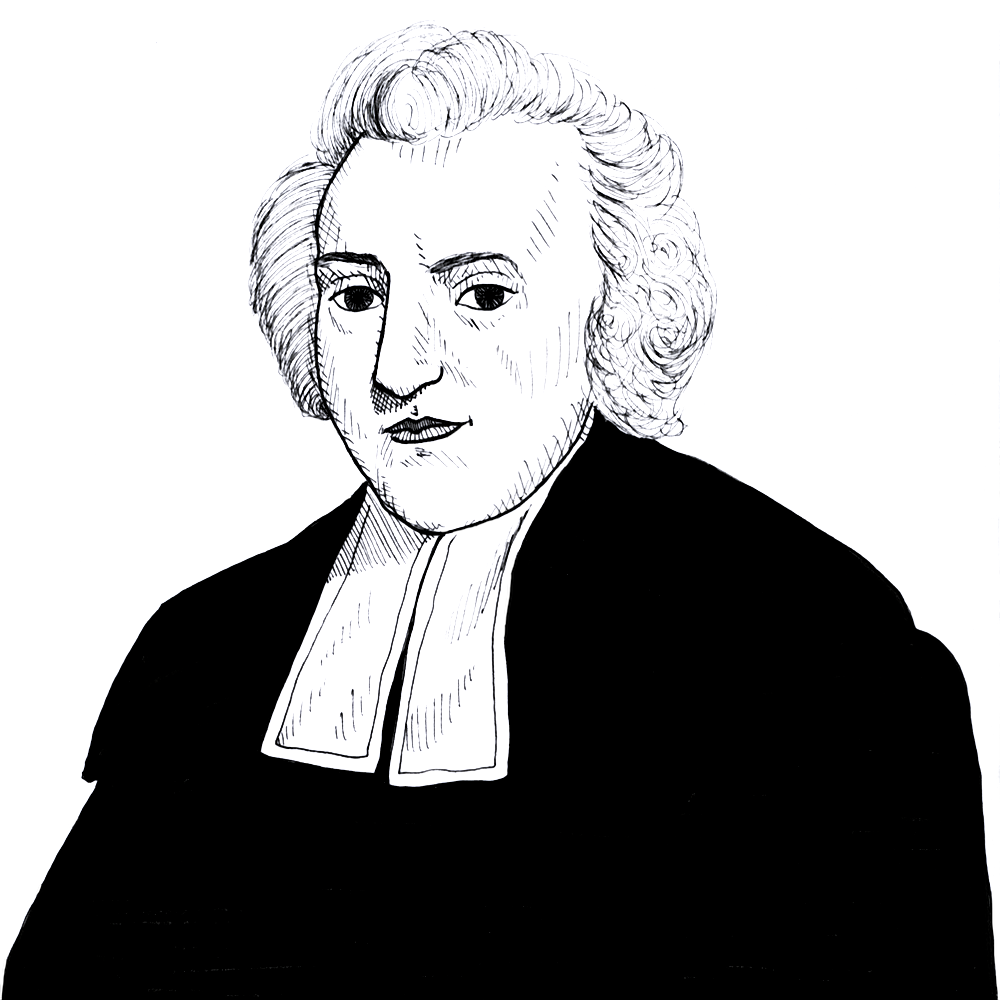

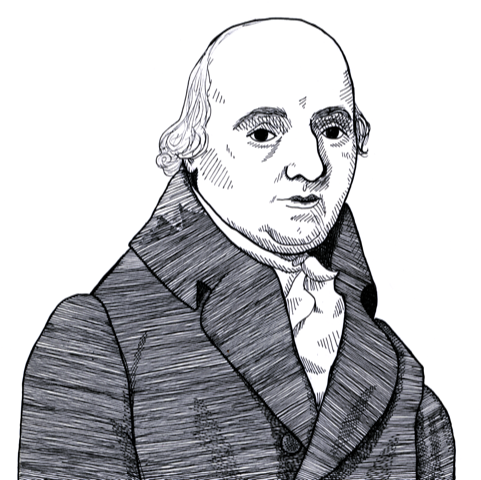
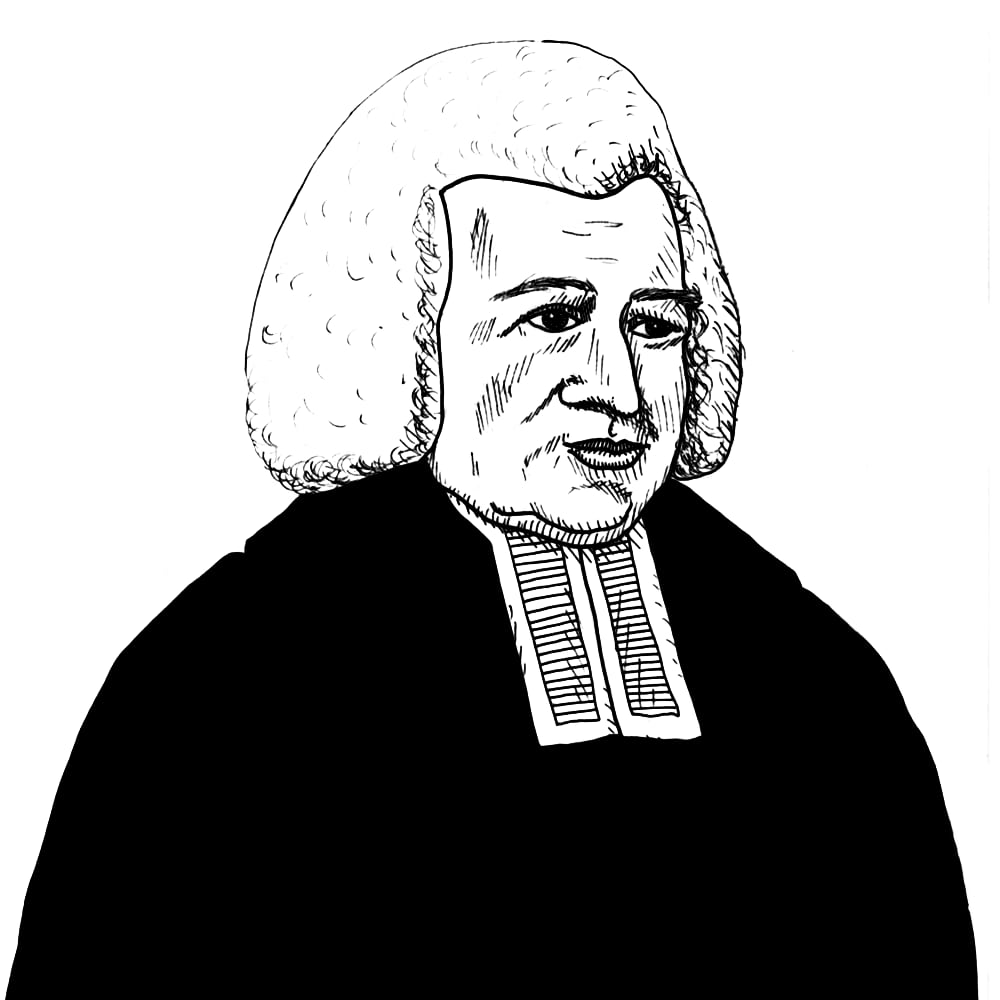
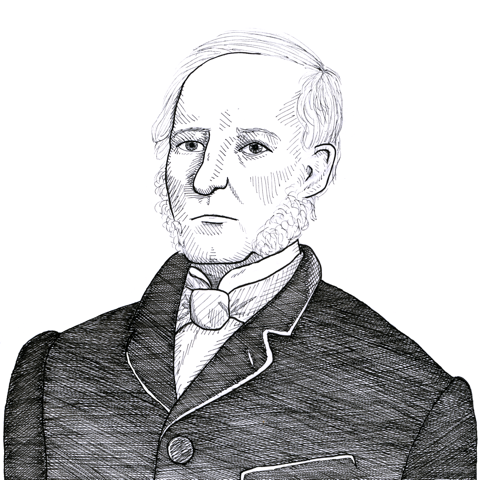

Social Sciences